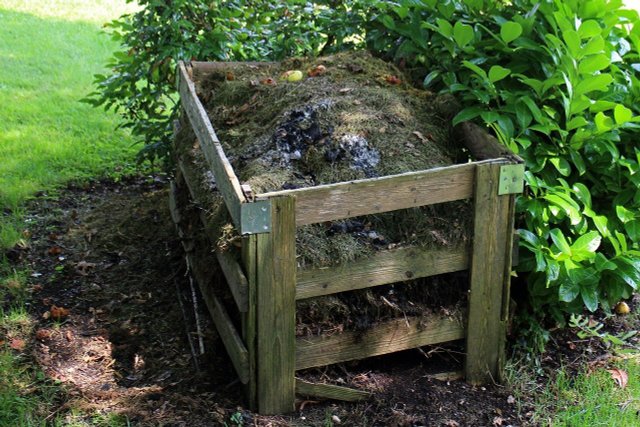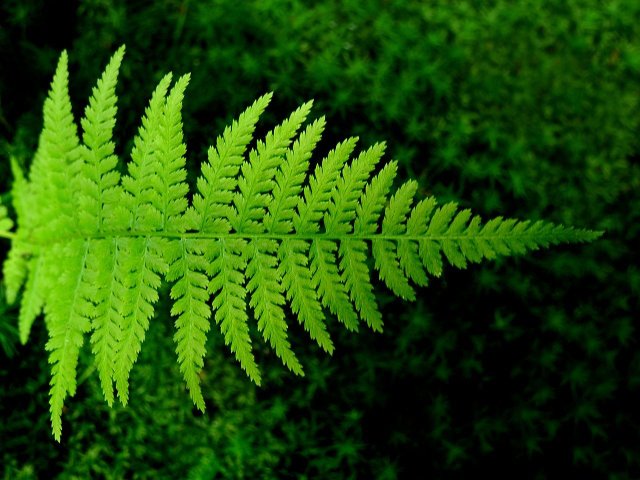Rose rust is one of the most common fungal diseases that can affect your garden roses. Here you’ll learn four natural remedies for rose rust.
Contents
Recognizing rose rust: Characteristics and spread
You want to make your garden more colorful and you’re planting a large flower bed. Finally, the first rose bushes sprout and the flowers begin to bloom. However, the appearance is marred by brown spots on the leaves: it is rose rust.
Rose rust is a fungal disease and is one of the most widespread rose diseases in Europe. It is caused by the two fungal species “Phragmidium mucronatum” and “Phragmidium tuberculatum”. The fungi spread their spores via the wind and thus enter your garden. There, the spores multiply quickly and can infect your roses.
The course of the disease in rose rust is identical for both types of fungi. You can recognize the optical changes especially on the rose leaves: Yellow-red spots form on the upper side of the leaf. Small pustules are also visible under the leaf. These are usually yellowish-brown in color and form the spore deposit of the fungi. If these two symptoms are present, it is clearly rose rust.
In most cases it remains with the optical changes. Severe infestation occurs only rarely and can then lead to the loss of foliage of the plant. In this case, the rose shoots may also be affected and the spores may be transferred to the next flowers. Ultimately, severe rose rust can cause the rose to die.
Tip: Check your rose leaves several times a week for visual changes. This way you can detect and combat damage at an early stage.
Preventing rose rust: What you need to know

For the health of plants, prevention is better than cure. To prevent your roses from being affected by rose rust in the first place, you can prevent the disease. These tips can help prevent infestation of your roses:
- Plant your roses with enough spacing between them. The fungus multiplies best in a humid and warm climate. If the plants are spaced enough apart, the wind can aerate them well. This keeps the rose petals dry.
- Plant the rose bed in a sunny location. This way you can also make sure that moisture does not form between the leaves.
- When watering, distribute the water only in the root area and not over the entire plant. This way the leaves will stay dry.
- Don’t fertilize the plants all the time. Fertilizers often make them more susceptible to pests and diseases like rose rust. If you fertilize, use organic fertilizer.
- Carefully remove individual infested leaves. They should not be left with the roses, as spores spread quickly. Instead, dispose of them in the compost or organic waste. This allows the fungal spores to be broken down by natural organisms.
Tip: There are special rose varieties with a seal of the “General European Rose Novelty Test”. These are particularly hardy and more resistant to diseases such as rose rust.
Four natural remedies against rose rust

To rid your roses of the rust, you need to destroy the fungi. Rose rust can be controlled by chemical or biological means. In specialized shops you can find many different special products against the fungal disease.
However, you can also fight rust with simple and environmentally friendly home remedies. Before you apply the antidotes, you should thoroughly remove and dispose of the infested plant parts. Then you can start the treatment and repeat it every two weeks. We’ll show you four natural home remedies.
Cooking oil and washing-up liquid:
Mix 100 milliliters of cooking oil with two packets of baking soda and a few drops of dishwashing liquid. You can use canola oil or sunflower oil, for example.
Heat three liters of water until it almost boils.
Stir the oil mixture into the warm water and let it cool.
Pour the mixture into a spray bottle and wet your roses completely with it.
Be sure to spray the tops and bottoms of the leaves. The roots should not come into contact with the liquid.
Field horsetail
Mix one kilogram of field horsetail leaves with about ten liters of lukewarm water.
Allow the liquid to steep for 24 to 48 hours.
Remove the leaves with a sieve or kitchen towel.
Mix the broth with plain water in a ratio of one to ten.
Pour the mixture into a spray bottle and wet your rose rust infested plants with it.
You can also use the diluted mixture as irrigation water.
Garlic broth:
Peel 300 grams of garlic and chop it finely.
Boil ten liters of water and pour it over the garlic.
Let the broth cool and steep for half an hour.
Remove the garlic residue from the garlic broth with a sieve or kitchen towel.
Pour the liquid into a spray bottle and wet your roses completely with it.
Fern Broth:
- Use 100 grams of fresh worm fern or bracken leaves.
- Heat a liter of water until it almost boils.
- Mix in the leaves and let them steep for a day.
- Then heat the liquid again and remove the leaves with a sieve or kitchen towel.
- Pour the liquid into a spray bottle and moisten your roses with it.
Tip: The fern broth is not only effective against rose rust. You can also use it to fight slugs in the garden and keep them away from your roses.

